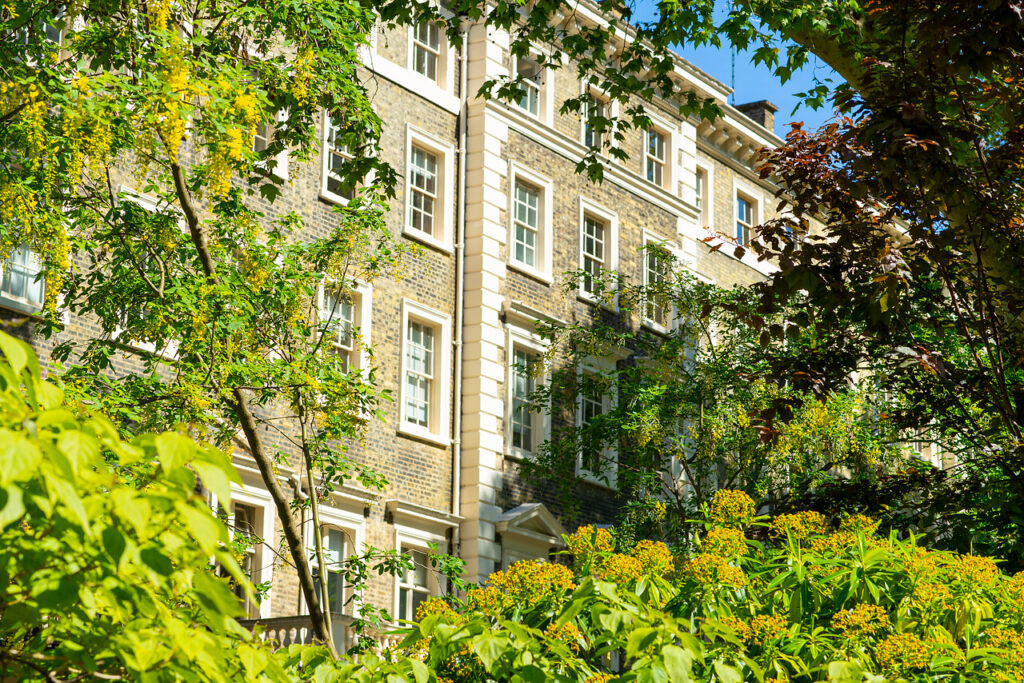Societies of Outsiders: British Psychoanalysis and the Bloomsbury Group
Book ticketsOrganised by:
University College London, Psychoanalysis Unit

Description
We are delighted to announce the full programme for our forthcoming interdisciplinary conference on British Psychoanalysis and the Bloomsbury Group, which will now take place online in September.
Speakers and Chairs will include:
Liz Allison
Emma Letley
Dee McQuillan
David Morgan
Ken Robinson
Janet Sayers
Jonathan Sklar
Riccardo Steiner
Helen Tyson
Psychoanalysis in the UK has always existed outside the medical establishment and has a proud tradition of lay analysis, and the so-called Bloomsbury Group, which included feminists, pacifists, political radicals, gay men and lesbians, never existed as an organisation. This interdisciplinary conference will explore the complex and reciprocal ways in which these two ‘societies of outsiders’* influenced each other in the turbulent decades between two world wars.
To mention just a few of the connections we will be exploring, Leonard and Virginia Woolf were Freud’s English publishers, although Virginia resisted reading Freud for a long time. Marion Milner’s early life-writing self-consciously referenced Woolf’s work (A Life of One’s Own). Ella Freeman Sharpe, a psychoanalyst with a passion for literature, was also very aware of Woolf’s work. Virginia’s younger brother Adrian Stephen, together with his wife Karin, trained as a psychoanalyst and played an important role in initiating the Controversial Discussions. James Strachey (Lytton Strachey’s brother) was Donald Winnicott’s analyst and later Freud’s translator, and Lytton’s own writings drew on some of Freud’s ideas. Strachey’s wife Alix was one of the first British analysts to appreciate the significance of Melanie Klein’s work, and encouraged her to come from Berlin to London, where she became the analyst of the art critic Adrian Stokes.
________________________________________
*In her 1938 feminist and anti-fascist polemic Three Guineas, Virginia Woolf imagined women forming a Society of Outsiders which would not exist as an organisation but which would seek to bring about social change ‘not with public means in public but with private means in private.’
